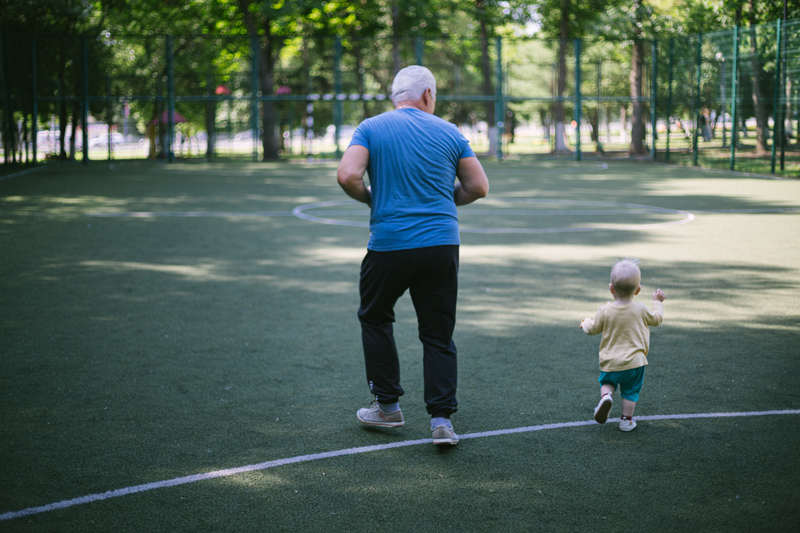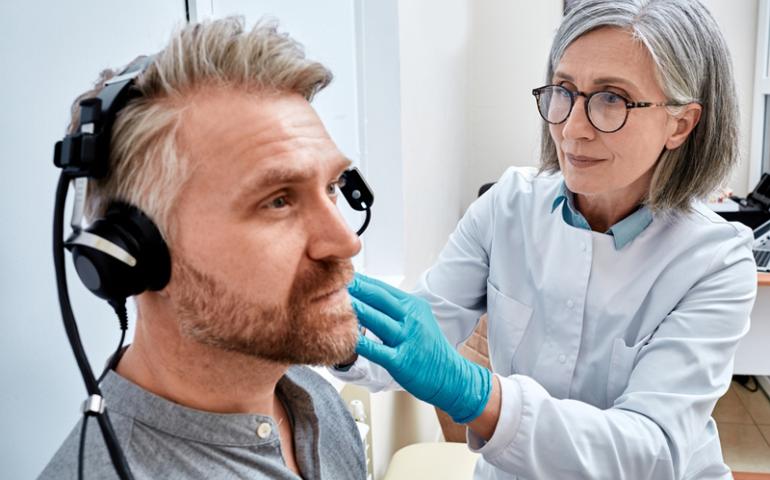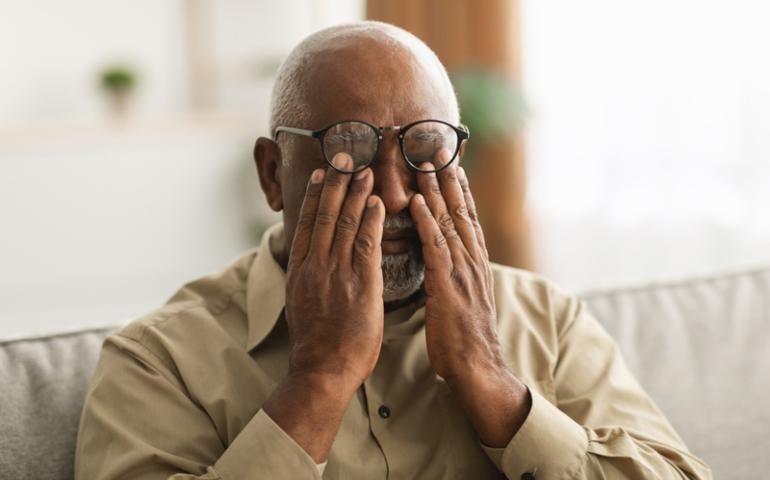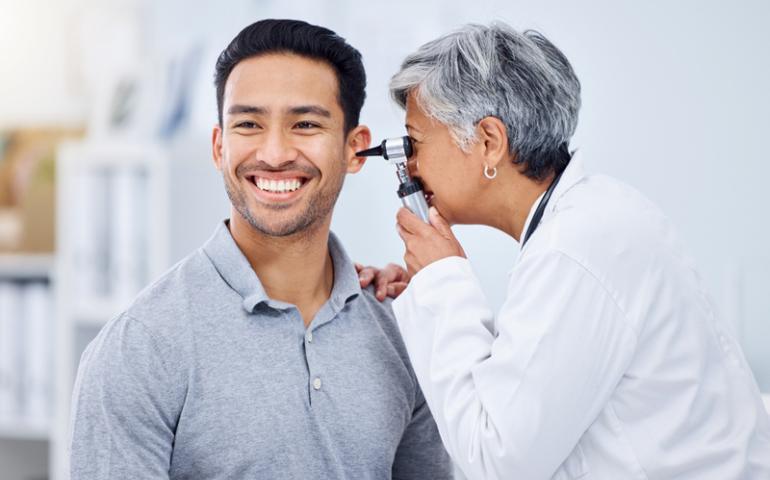Can Hearing Aids Cause Misophonia?
Misophonia is a condition characterized by an intense aversion to specific sounds. Unfortunately, this can impact one's quality of life. For those with hearing loss, hearing aids are essential devices that improve hearing. Some people have reported experiencing misophonia symptoms while using hearing aids. In this blog, we will delve into what misophonia is and explore how hearing aids can lead to misophonia. We also suggest what to do if you encounter misophonia symptoms while using hearing aids.
What is Misophonia?
Misophonia is a neurological condition surrounding sound aversions. Certain sounds trigger an intense emotional or physiological response. Common trigger sounds include chewing, lip-smacking, pen-clicking, or even breathing. These sounds evoke negative emotions like anger, frustration, anxiety, or disgust.
The Connection between Hearing Aids and Misophonia:
There is no direct causative link between hearing aids and misophonia. But some individuals have reported a correlation between the two. It's important to understand that hearing aids amplify sounds. This may include background noises that can trigger misophonia symptoms. Additionally, the hearing aid microphones close to the ear can intensify certain sounds. This can lead to discomfort and heightened sensitivity for some individuals.
What to Do if Your Hearing Aids Are Causing Misophonia Symptoms
If you think your hearing aids are causing misophonia, take proactive steps to fix the issue. Here are some suggestions:
- Consult an Audiologist. Reach out to your audiologist or hearing healthcare professional. They can check out your specific situation and conduct a hearing test. They will provide tailored recommendations to mitigate misophonia symptoms. They will decide if you can adjust your hearing aids or if you need alternative options.
- Explore Hearing Aid Settings. Modern hearing aids often offer advanced settings to suit individual preferences. Discuss with your audiologist the possibility of adjusting the hearing aid settings. You may be able to reduce the amplification of trigger sounds. They can adjust them so that they focus on speech while reducing background noise.
- Consider Sound Therapy. Sound therapy techniques can help mask or distract from triggering sounds. Sound therapy can include white noise generators or sound machines designed for misophonia. Your audiologist may recommend incorporating sound therapy. This can help you to ease misophonia symptoms.
- Practice Relaxation Techniques. Managing the emotional and physiological response to trigger sounds is crucial. Learning relaxation techniques can help you cope with misophonia symptoms. It can also reduce their impact on your well-being.
- Seek Support. Connect with support groups or seek counseling from professionals who specialize in misophonia. They can provide a valuable outlet for sharing experiences and gaining coping strategies. They can also offer emotional support during challenging times.
Contact Us
Hearing aids are essential devices for individuals with hearing loss. But you should be aware of the connection between hearing aids and misophonia. If you think your hearing aids are causing misophonia symptoms, contact your audiologist. They can perform an evaluation and provide guidance. Together, you can explore adjustments to your hearing aids and consider sound therapy. They can also help you develop coping strategies to reduce the impact of misophonia. Remember, professional help and support are available to help you at our office. Contact us so that we can help you overcome the challenges of misophonia.






